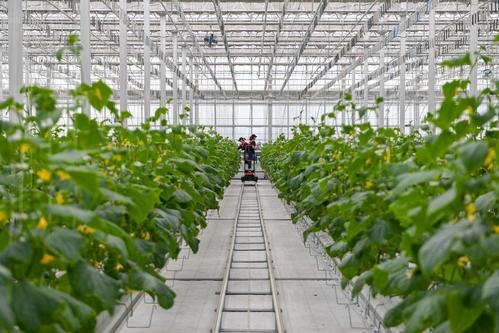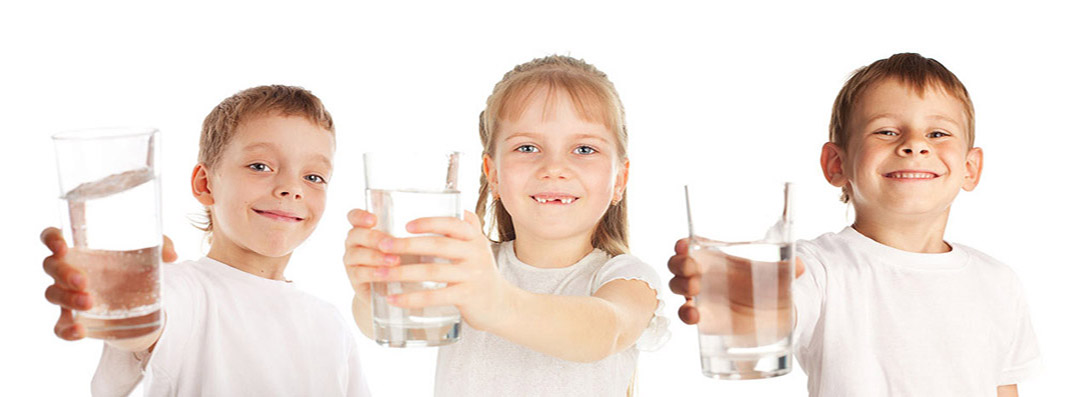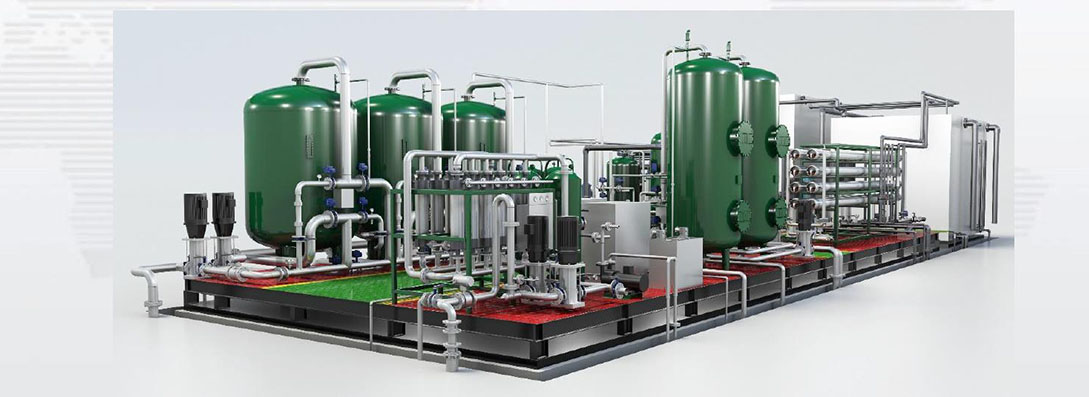Hypochlorous acid as an insecticide for agriculture

If you're a hobby gardener, a horticulturalist, or a house plant owner, you're likely familiar with plant pests. They come in many shapes and sizes--powdery mildew, spider mites, aphids, root rot, you name it. Fungal diseases can spread like wildfire in a greenhouse, and once they've taken root, they are virtually impossible to control. Hypochlorous acid works best as a preventative measure to stop outbreaks from ever occurring.
Most pesticides contain a long list of harmful chemicals, and often the ones that don't aren't very effective. Even so-called natural pest controls can lead to problems such as pesticide resistance or harmful runoff effects.
How do you treat a plant infestation without poisoning your plants, your pets, or yourself? I'm sure you know where this is going! Hypochlorous acid works well as a fungicide against powdery mildew, gray mold, algae growth, and other fungal infestations.
A study done by the University of Georgia showed that hypochlorous acid reduced powdery mildew on gerbera daisies in a commercial greenhouse setting by over 40% when applied multiple times a week. Research by Hong et al (2003) found that free chlorine concentrations ranging from 0.25 to 2 ppm could kill the zoospores of Phytophthora nicotianae, capsici, P. cinnamomi, P. citricola, P. citrophthora, P. cryptogea, and P. megasperma. Researchers in Colombia found that Botrytis cinerea, another major plant pest, could be inactivated by 50 ppm of hypochlorous acid after 6 minutes.
A study by the University of Guelph found that chlorine concentrations of 2 ppm were strong enough to eliminate Pythiaceae pathogen variants. This is great news for anyone in the commercial greenhouse or hydroponic industry, as hypochlorous acid provides you with a three-in-one product: fungicide, line cleaner, and root zone enhancer all at once.
Another one of the most common greenhouse pests are fungal gnats and aphids. While there is currently only anecdotal evidence for the efficacy of hypochlorous against insects, we do know that hypochlorous can reduce insect concentrations in a different way. Insects are often attracted to plants that already have some form of algae or fungus nearby for them to live in. Using hypochlorous regularly can reduce or remove those environments entirely, thus keeping the pest populations down to a minimum.
While hypochlorous is safe to spray on plants and add to their water sources, it is important to monitor the chlorine levels. Chlorine concentrations of over 4 ppm can have detrimental effects on the plant system, and long-term exposure of greater than 2 ppm hypochlorous can also be toxic to some plants. We always recommend testing hypochlorous on a small sample of plants before applying it to your entire crop.
https://bluewavv.com/e_products/Food-grade-Anolyte-HOCL-Generator-3-19.html
Application
Contact Us

Name: Diana
E-mail: [email protected]
Skype: +86-15-22-27-71-011
WeChat: +8615222771011
Whatsapp: +8615222771011
Add: Office N.420D-C1 Tower Ajman,UAE









 Skype Chat
Skype Chat WhatsApp
WhatsApp  Mail inquiry
Mail inquiry
